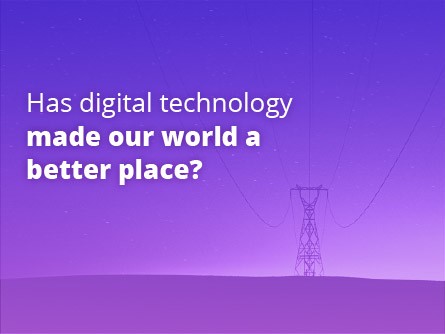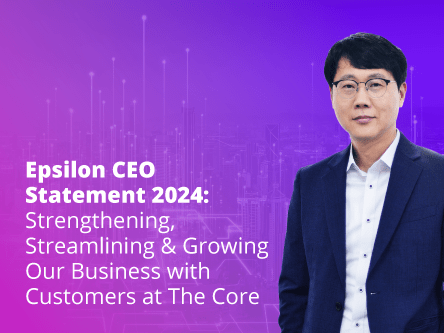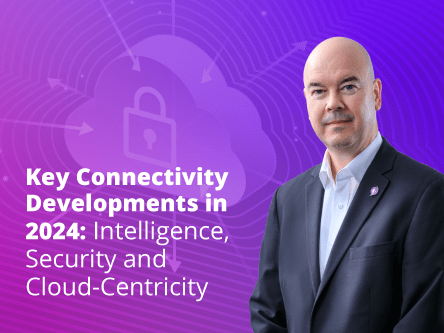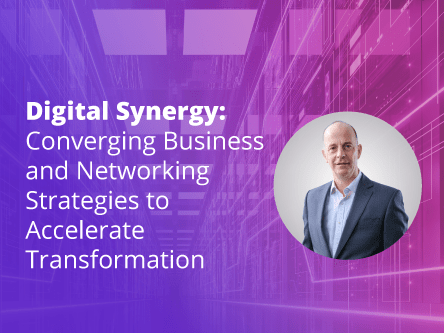The world is changing faster than ever before. Over the last decade, we have seen massive digitalisation and technology advancements in many aspects of our lives. The development of mobile technology has fuelled the way services are being consumed today. Our mobile devices are no longer just made for communication, but also act as a gateway to a world of applications and services. Traditional services such as transport and banking have been completely reinvented and are being driven by the rapid adoption of a Cloud-based model. Social interaction is forever changed as people from all walks of life have become even more connected to one another over social media and messaging apps.
Consumer preference is evolving as fast as the development of technology. In the business world, we are already seeing tremendous digital transformation across industries. Businesses of all sizes are innovating new technologies to build products and services that accelerate their growth. However, all these developments in digital technology are also creating inequalities globally. Some people simply do not have the ability to access them and are virtually invisible to the rest of the world.
According to We Are Social and Hootsuite’s latest Digital 2019 report, global internet users have surged over the past year but only make up 57% of the world population. This means that there are over 3 billion people who are offline and do not have access to digital services like the rest of the world – also known as the digital divide. There is no grand solution to bridging the digital divide but companies and governments around the world are creating new opportunities to close the gap.
Having access to digital infrastructure is absolutely critical, but people in underserved communities or remote areas do not have the privilege of connecting to the internet. It is no coincidence that there is an obvious digital divide between developed and emerging economies. Even so, the digital divide is a complex problem that is beyond just the infrastructure and impossible to completely eliminated overnight. On the bright side, we are already seeing governments and technology corporations working together to narrow the digital divide in many areas, including coordinated efforts in upskilling the workforce, incentivising technology adoption, creating testbeds for local businesses and building network infrastructure.
At Epsilon, we believe in the power of connectivity and how it can create new opportunities for communities everywhere. We are dedicated to working with our customers and partners from all corners of the world to support their initiatives in enabling better global connectivity. Over the years, we have served service providers and network operators in unique markets by extending their reach into the international market and connecting their customers across the globe. In a way, we are playing our part as an enabler in helping them bridge the digital divide.
On this World Telecommunication and Information Society Day, let’s think about how we can collaborate to make the world a better place.







